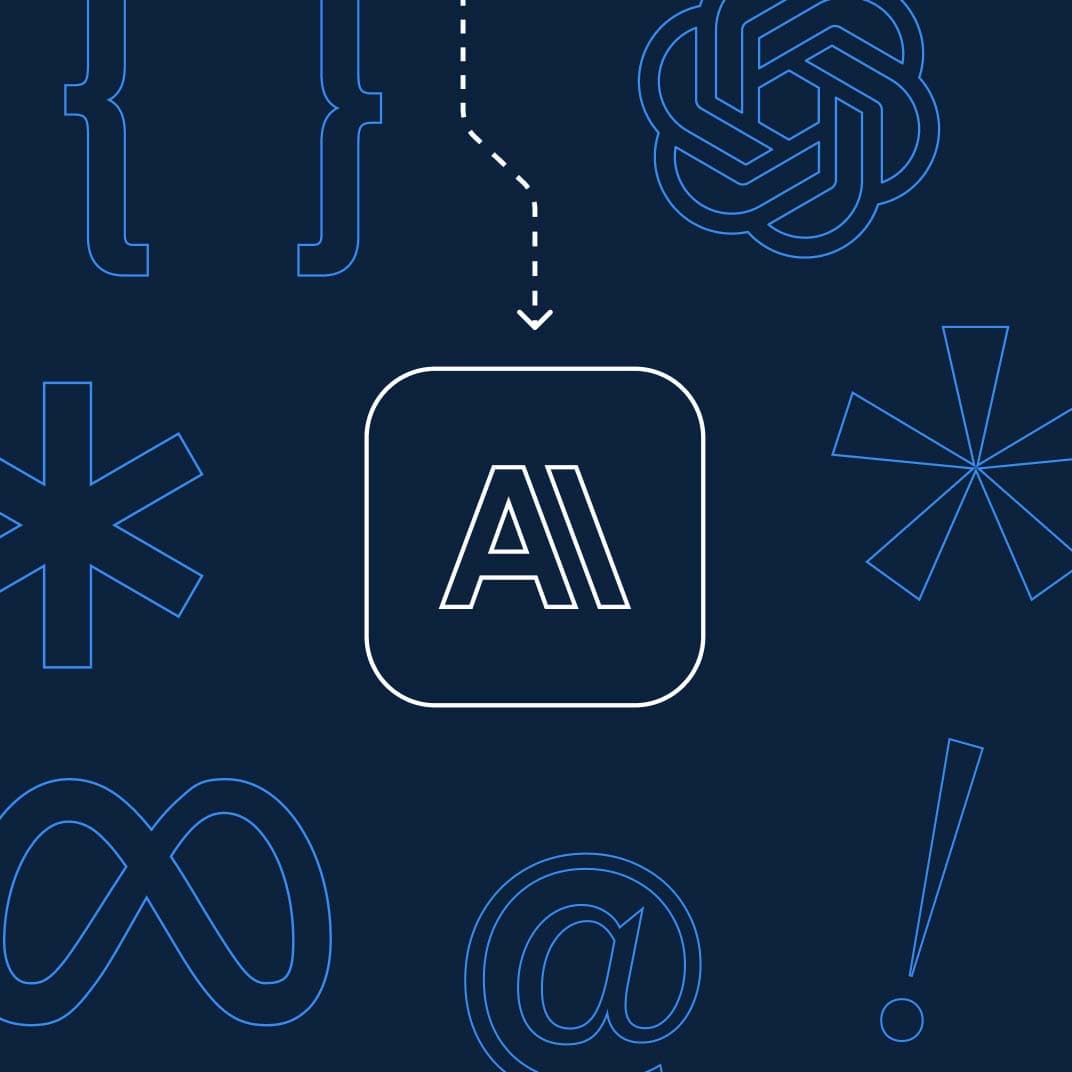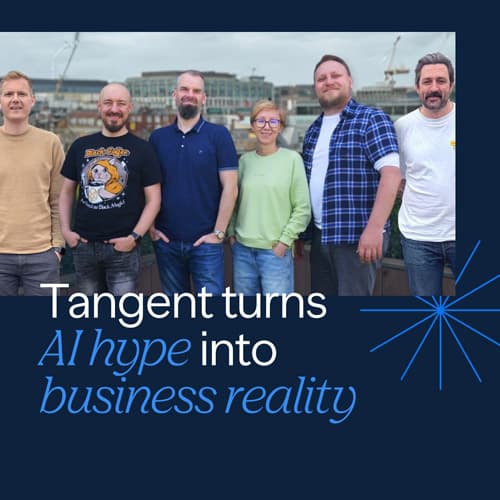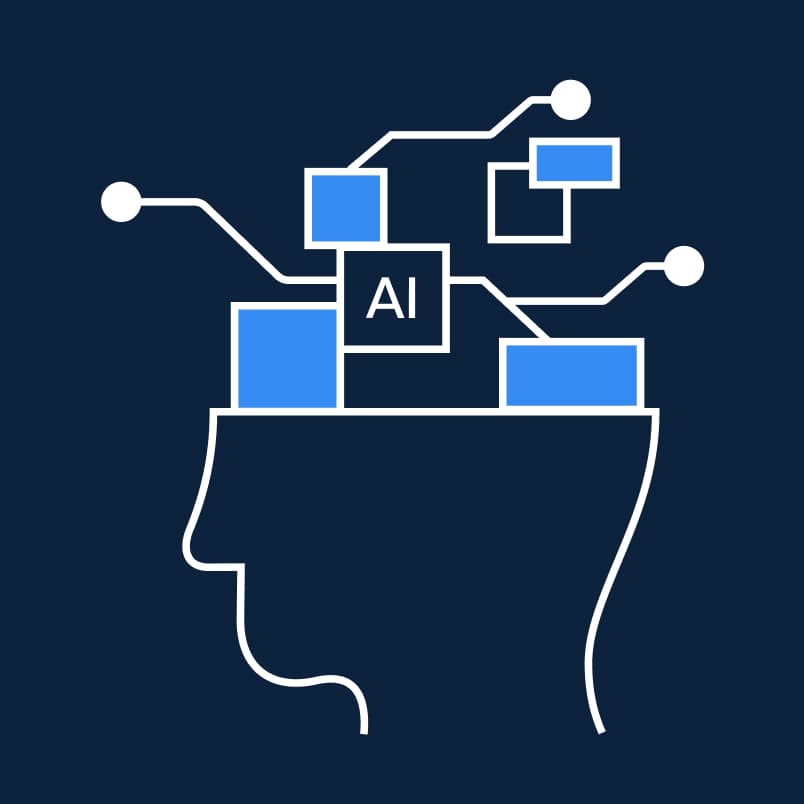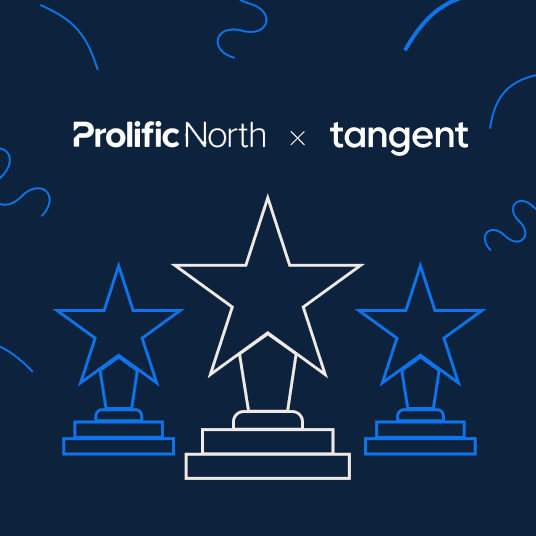
There were shockwaves across the tech industry this week as China’s DeepSeek triggered chaos after releasing its own AI chatbot rival to ChatGPT. Investors were rattled as shares in Nvidia, Alphabet, and Microsoft plummeted – but some Northern agency leaders think it is a “positive” step for a number of sectors.
Although US tech stocks now appear to have steadied, DeepSeek’s open-source approach has sparked a debate over how it may shake-up and supercharge a number of industries – but with that comes inevitable privacy and ethical concerns.
As DeepSeek claims to now offer a cheaper, more accessible alternative to ChatGPT, built at a fraction of the price of other models at around $6m, amid all the hype what do Northern agency leaders think and could it be a game-changer?
“I believe DeepSeek is a positive step for the industry,” Martin Wood, senior SEO lead at Herd, tells Prolific North.
“Increased competition is always welcome, and it’s great to see something that shakes things up. While AI is constantly evolving, launches like DeepSeek act as ‘boost pads’, similar to those in Mario Kart, offering a surge of acceleration. This momentum eventually levels off, but it creates opportunities for further growth and innovation down the line.”
For Stevie Deale, SEO & Content Manager at Macclesfield-based agency Gumpo, the rapid adoption is showing a “hunger” for more diverse AI tools and Gumpo will be using DeepSeek’s new model.
“I don’t know how much it’s going to shake things up, but it will definitely become even more heavily integrated with the every day in agencies. As more and more companies come out with AI tools and platforms, it’s going to become a necessity to understand how to use it and use it well. As an agency, we’ll be using it and testing against the other AI tools like Perplexity, Claude, and ChatGPT.”
When it comes to content marketing and creativity, some leaders believe it presents an “exciting opportunity” and could supercharge innovation.
James Griffiths, creative director at Be Creative Media, explains: “The fast evolution of tools like DeepSeek is shaking up how we create, consume, and optimise content. Be Creative Media notices that while these advancements promise efficiency and scalability, they really do highlight the critical truth, which is that the value of up-to-date, original content has never been greater.”
He adds: “As the industry accelerates, content derived from AI outputs risks becoming repetitive unless businesses focus on breaking the mold. By producing unique insights and constantly refreshing their content strategies, brands can stand out from the crowd. DeepSeek offers an exciting opportunity to dig deeper into data, uncover hidden trends, and create content that isn’t just a rehash of existing material.
“Be Creative Media uses these tools as amplifiers, not replacements for creativity. We can now leverage AI to go beyond surface-level summaries and deliver real, impactful innovation. In 2025 we are predicting that unique, fresh content will be the fuel for standing out, and winning online.”
“It is critically important that users remain cautious”
But Mike Maddison, CEO of cyber security firm NCC Group, urges caution around DeepSeek’s hype especially in an era where cyber security is more important than ever.
“We have already seen cyber attackers try to take advantage of the surge in DeepSeek users. The excitement around new technology shouldn’t overshadow the importance of safeguarding personal and sensitive information. It is critically important that users remain cautious about potential data privacy and security issues.”
But DeepSeek also poses major questions around data security, privacy and censorship. As a Chinese-developed AI model, DeepSeek’s scope and accuracy of its responses may be limited.
“The scramble among US and UK tech companies to fast-track AI model development in response to competition could result in shortcuts being taken on security and privacy protocols. Ensuring these measures aren’t compromised is critical as the industry races ahead,” says Maddison.
“In a rapidly evolving regulatory environment, where rules struggle to keep pace with the global development of AI technology, both businesses and the public need to take proactive steps to ensure security, privacy, and accountability. Protecting against risks must not be an afterthought.”
Although he generally is positive about DeepSeek being the new kid on the block when it comes to the AI race, Martin Wood at Herd is proceeding with caution.
“Technologies like DeepSeek or ChatGPT should augment human expertise, not replace it. These tools excel at streamlining processes and providing insights but can’t replicate the strategic thinking of regional innovation and creativity of skilled professionals.”
Similarly to Maddison over at NCC Group, he points out the importance of governance too: “We also need ethical considerations and proper governance to ensure these tools are implemented responsibly, preventing misuse, over-reliance and the uploading of sensitive information.
“The potential is exciting, but their real value lies in supporting human innovation, not driving it entirely.”
Over at digital product agency Tangent, CTO Andy Eva-Dale says the launch of DeepSeek has “clearly disrupted the tech industry”.
“For the first time, open-source models with open weights have caught up with state-of-the-art AI, bringing broader public awareness to self-hosting and decentralised AI. DeepSeek also highlights the power of synthetic data in AI, demonstrating that the so-called ‘wall’ many in the industry feared last summer may, in fact, be an upward curve with plenty of room for innovation.”
He continues: “While the market likely overreacted to Nvidia’s stock drop, the growing power of these models will only drive further demand for inference, reinforcing Nvidia’s long-term relevance. At the same time, security concerns remain valid, particularly with Chinese-based businesses like Huawei. However, private hosting could alleviate fears of external data transmission while delivering the efficiency and cost benefits of a modular, task-specific AI approach. It’s still early days, but time will tell how this unfolds.”


















